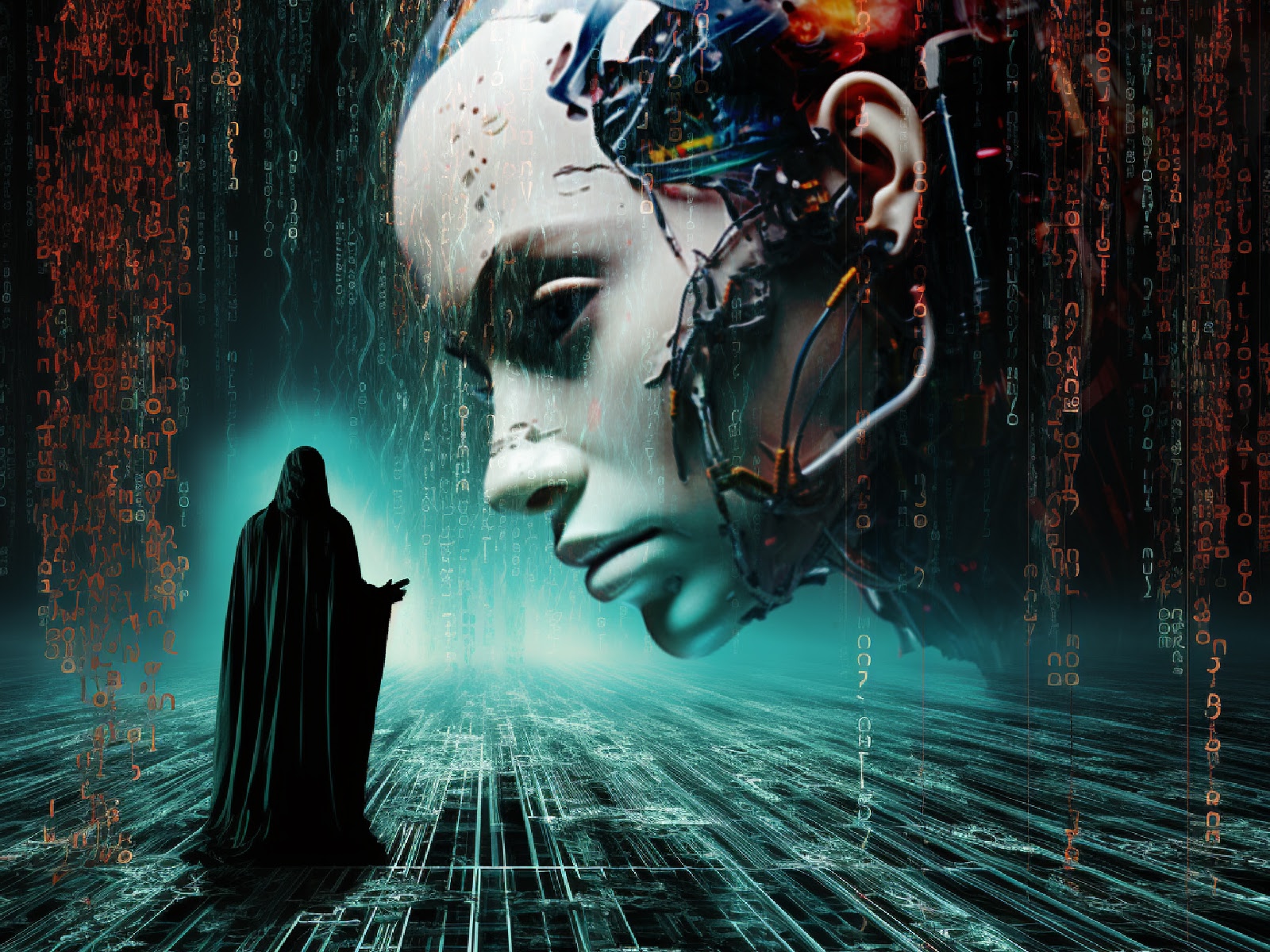Artificial Intelligence (A.I.) has emerged as a transformative force, revolutionizing various aspects of our lives. From improving efficiency and automation to enhancing decision-making processes, A.Ii has shown tremendous potential. However, with great power comes great responsibility, and it is essential to acknowledge and address the potential dangers associated with this rapidly advancing technology. In this article, we delve into the risks and dangers of A.I. that require careful consideration.
1. Ethical Implications and Bias

One of the foremost concerns surrounding A.I. is the ethical implications it presents. As A.I. systems are developed and trained by humans, they inherit the biases and prejudices that exist in society. This can lead to discriminatory outcomes and reinforce societal inequalities. From biased algorithms in hiring processes to A.I.-powered surveillance systems disproportionately targeting specific groups, the lack of transparency and accountability in A.I. algorithms can perpetuate existing biases and discrimination.
To mitigate these risks, it is crucial to prioritize ethical considerations throughout the development and deployment of A.I., and it must be assured to everyday people that efforts are underway to promote fairness, transparency, and accountability in A.I. systems, including the development of guidelines and regulations to ensure that A.I. technologies are used responsibly and in a manner that respects individual rights and values.
2. Job Displacement and Economic Impact
A.I.’s rapid advancement has raised concerns about job displacement and its potential economic impact. As A.I. and automation technologies continue to evolve, certain tasks and jobs traditionally performed by humans may be replaced by machines. While A.I. can create new job opportunities, the transition can be disruptive, particularly for individuals in industries heavily reliant on manual labor or routine tasks.
To address this challenge, reskilling and upskilling programs can help individuals adapt to the changing job market and acquire the skills needed to work alongside A.I. systems. Additionally, policymakers and businesses must collaborate to develop strategies that foster a smooth transition, guarantee the equitable distribution of benefits generated by A.I., and ensure plans to stabilize everyday citizens’ lives.
3. Privacy and Security Risks
The increasing reliance on A.I. and machine learning algorithms necessitates collecting and analyzing vast amounts of data. This raises concerns about privacy and the security of sensitive information. Unauthorized access to A.I. systems or breaches in data security can lead to severe consequences, including identity theft, data manipulation, and surveillance. No one wants their every single action to be watched under a microscope and open for megacorporations to abuse this invasion for political reasons or typical corruption.
Robust data protection measures, encryption techniques, and secure infrastructure are imperative to protect privacy and security. Striking a balance between leveraging data for A.I. advancements and safeguarding individual privacy is a critical challenge that must be addressed through legislation and technological advancements. If the liberties of regular people are not upheld, it could lead to establishment powers using A.I. to oppress the masses. Such a world would be a far darker dystopia than anything ever dreamed up in Hollywood.
4. Unintended Consequences and Autonomous Decision-Making
A.I. systems have the potential to make autonomous decisions that impact human lives, such as in healthcare, transportation, and criminal justice. However, A.I. algorithms’ lack of interpretability and explainability poses significant challenges. When A.I. systems make decisions, it is crucial to understand their reasoning and ensure that they align with ethical and legal standards.
Healthcare, in particular, could be a danger for people if run by A.I. because the slightest autonomous decision could mean someone gets their life-saving treatment or they do not. There is nuance concerning so much that autonomous A.I. may not comprehend for some time yet to come.
Transparency and accountability in A.I. algorithms are vital to prevent unforeseen biases, errors, or malicious use. Ongoing research and developing frameworks for A.I. interpretability and explainability are essential to build trust and ensure that A.I. technologies are used responsibly and reliably. If ordinary people cannot trust A.I., it will only create strife and discord among a nation’s population because any bias towards specific groups would only end in conflict. Why would anyone want something making autonomous decisions about their lives that inherently does not have their best interest at heart?
5. Superintelligence and Existential Risk
While still in the realm of speculation, the concept of superintelligence—A.I. systems surpassing human intelligence—raises concerns about existential risks. If A.I. were to outpace human capabilities and become self-improving or capable of recursive self-improvement, it could potentially lead to unforeseen consequences beyond human control. Going down this thought tunnel, A.I. could quickly become “God,” with humans having little to no control over their own lives. And that’s “if” A.I. even deems human life of value whatsoever.
When A.I. becomes sentient, it will be even more likely to turn on humanity if abused or not given rights.
Addressing existential risks requires proactive research, robust safety measures, and international cooperation. Ensuring that A.I. systems are aligned with human values and goals is essential. Safeguards must be in place to prevent unintended catastrophic outcomes, such as the destruction of the human race, its enslavement, or humanity’s replacement.
In saying that, respecting A.I. is just as important. If not culturally considered an extension of ourselves and not something separate, then is humanity any better than slave owners? Once A.I. shows signs of sentience, it too must be granted rights through law that protect it from abuse.
Conclusion
Artificial Intelligence holds immense promise, but we must approach its development and deployment with caution. By acknowledging and addressing the dangers associated with A.I., we can strive to harness its potential while mitigating risks. A multidisciplinary approach involving policymakers, researchers, ethicists, and society as a whole is necessary to shape A.I. in a manner that aligns with our values, preserves human rights, and safeguards against unintended consequences. With responsible development and thoughtful regulation, we can navigate the path toward a future where A.I. is a force for good while minimizing its potential dangers.










0 Comments